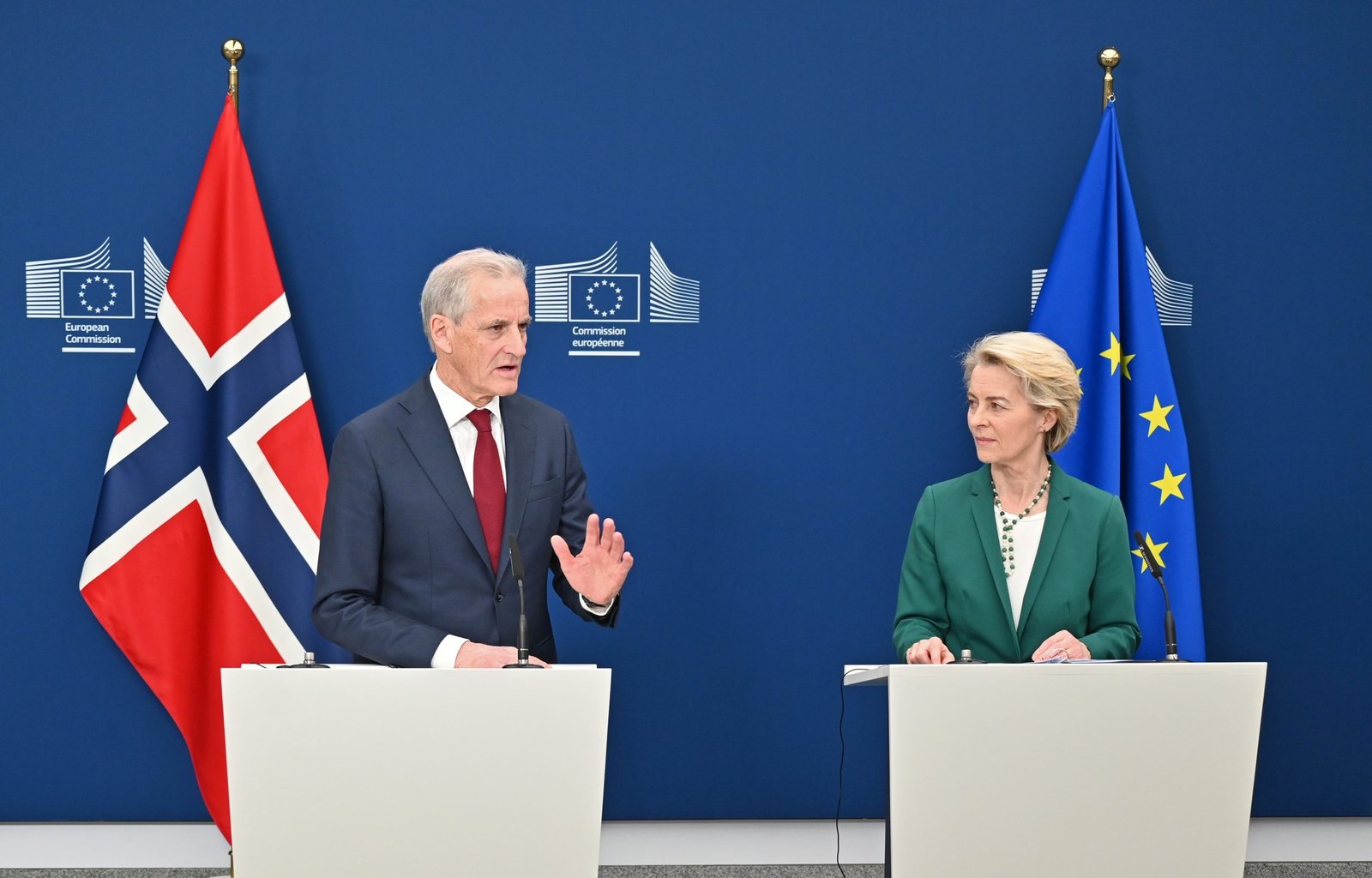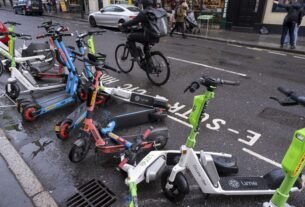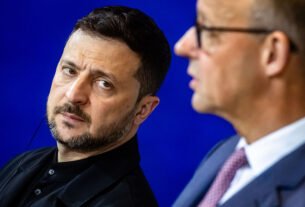Europe looms large in Norway’s national election today – but only beneath the surface. Most Norwegians are blissfully unaware of the European dimension of their politics and their political parties are happy to keep it that way.
Norway, a country of 5.6 million, is not an EU member, but participates in the single market through the European Economic Area (EEA). This arrangement, in place for decades, gives Oslo access to EU markets and regulatory frameworks but leaves it without a seat at the decision-making table and outside EU trade policy.
Similar to the Swiss, most Norwegians live under the illusion that they are independent of the EU despite their economic dependence on it. In Norway’s case, the EU accounts for more than 60 percent of all its trade and two-thirds of its exports.
Norway, thanks to its vast reserves of oil and gas, is one of the Europe’s wealthiest countries, which makes it easier to ignore the economy’s growing dependence on the EU.
Foreign Minister Espen Barth Eide acknowledged last week that “the delta between EU membership and EEA membership is increasing,” warning that Norway’s outsider position is growing precarious as the EU adjusts to a more hostile world. His conservative counterpart, Ine Eriksen Søreide, added that the cost of non-membership was rising “by the day”.
Domestically, it is a different story entirely. Over half (55%) of Norwegians oppose EU membership, putting an accession referendum, like that being discussed in Iceland, out of the question. A further 12% don’t know, and only 3-4% consider the EU/EEA as an important election issue. Norwegians have voted against EU membership twice, in referenda in 1972 and 1994.
As a result, EU affairs are largely out of view of Norway’s public debates. Norwegian Brussels correspondents are disappearing, and only two niche reporters make contact with day-to-day EU policy, leaving voters less informed than ever.
Norway’s current campaign has focused on the cost of living, its tax on wealth, immigration, and whether the country’s $2 trillion sovereign wealth fund should divest stocks related to Israel’s war in Gaza.
Political theatre
The right-wing populist Progress Party, Norway’s second largest party which is polling at 18.9%, has called to renegotiate parts of the EEA agreement. But they and the other parties know there’s no real chance of renegotiation.
To renegotiate, Norway would likely have to first annul the current agreement and may end up with something less favourable. Such a course is unlikely to ever have a majority in the Norwegian parliament.
The governing Labour Party, leading in the polls at 29.5% and heading a centre-left coalition projected to secure a 91–78 seat majority, presents itself as protector of the EEA agreement.
Former NATO Secretary-General Jens Stoltenberg’s return to the party as finance minister, and promise to stay rather than return to his appointment as head of the Munich Security Conference, has boosted its standing.
At the same time, while Labour’s leader Jonas Gahr Støre says “Europe needs Norway, and Norway needs Europe,” he is not as pro-EU as he postures.
Støre’s Janus-faced EU policy
Energy policy is the area where Norwegian households most feel the effects of EU policy. When EU electricity prices surged in 2022, so did exports from Norway’s hydropower-rich grid to Denmark and Germany. While state utility Statkraft doubled its revenues, ordinary Norwegians saw bills spike.
In January, the Norwegian government was supposed to adopt EU rules that would see it align even more with the European energy market, prompting its collapse.
Støre’s subsequent one-party minority government gave up the fight to implement the EEA-mandated integration with Europe. Instead, he created a generous fixed-price subsidy scheme to cut household bills, and said he would wait for “an energy system in Europe that is undergoing major changes” before implementing further legislation.
This approach has allowed Labour to keep energy out of the election spotlight, according to Elin Boasson, professor of political science at the University of Oslo.
The EU Commission has not reacted to the stalling, but dealt Norway a prestige loss by not exempting it from recent proposed EU protective measures on steel.
Even after the controversy, 41% don’t know what they think about the EU energy rules which broke the government, prompting experts to complain of a democratic deficit.
Whatever the outcome of Monday’s vote, few expect dramatic change in Norway’s European policy. Oslo will likely continue its balancing act: Telling the EU it is reducing its backlog of unimplemented laws, while telling the Norwegians it won’t implement any rules they don’t like.
(aw, cp)






